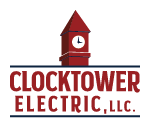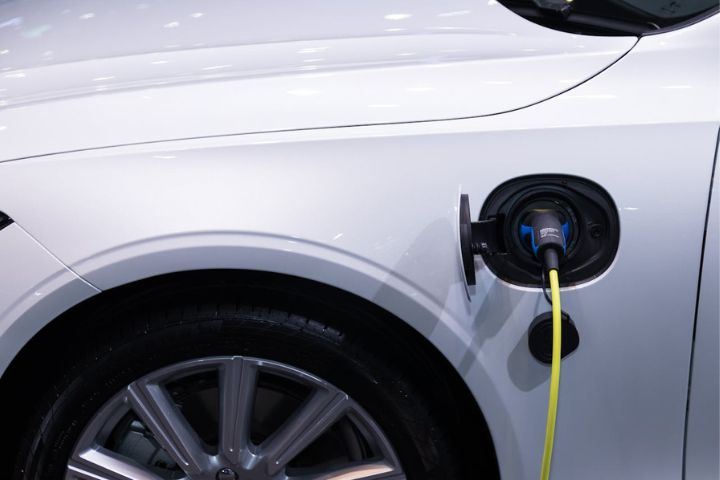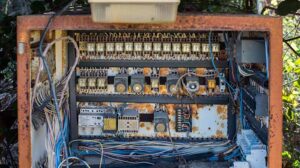As we shift towards greener transportation options, electric vehicles (EVs) have surged in popularity. Alongside this trend, residents and businesses alike often wonder about the average electrician’s cost to install an EV charger.
In this article, we’ll provide a quick answer about the average cost for an electrician to install an EV charging line and equipment, and discuss some considerations for you to keep your costs manageable as you make your decision.
Average cost to install an EV charger
While costs can vary significantly based on the factors mentioned above, here are some average estimates to provide a general idea:
- Level 1 Charger Installation: Equipment typically ranges from $300 to $600, with added cost for labor involved in the installation process. The overall cost is typically around $1000.
- Level 2 Charger Installation: Costs can vary between $600 to $1,200 or more, depending on the complexity of the installation.
- Electrical Panel Upgrades: If needed, this can add an additional $500 to $3,000 to the total cost.
- Permitting and Inspection Fees: These may range from $50 to $500, depending on your local regulations.
Of course, you should always get an estimate from an electrician specializing in EV charger installation before you make any decisions; the numbers above are simply provided to give you a rough estimate. Ultimately, the benefits of charging an electric car at home tend to outweigh the initial investment.
The basics of EV charging station installation
As you can see, there is significant variance in the cost of installing an EV charger in your home or business. The reason for this variance is that not all electrical systems are created equal and sometimes there’s some build-out involved to add the necessary wiring and infrastructure to support the EV charger.
Vehicle make and model can affect the price as well, as some chargers are universal and others are vehicle-specific.
Typically, the process involves:
- Assessment: An electrician evaluates your home’s electrical system to ensure it can support the installation and determines the optimal charger placement.
- Installation: This step includes mounting the charger, connecting it to the electrical panel, and ensuring compliance with local codes and safety standards.
- Testing and Certification: After installation, the electrician tests the charger to ensure it’s functioning correctly and obtains any necessary permits or certifications.
Factors affecting the electrician’s costs to install an EV charger
Several factors influence the cost of hiring an electrician for EV charger installation:
- Charger Type: The cost varies depending on the type of charger you choose. Level 1 chargers are more affordable, but the charging time is longer. Level 2 charging stations offer faster charging speeds (up to 5-7 times faster), but come with a higher price tag.
- Electrical Panel Capacity: If your home’s electrical panel or electrical wiring needs upgrading to support the charger, this can add to the overall cost.
- Wiring and Conduit Requirements: Longer wiring runs or the need for conduit installation can increase labor and material costs.
- Permitting and Inspection Fees: These fees vary depending on your location and may add to the total cost.
- Labor Charges: Electrician rates vary based on experience, location, and complexity of the installation.
Tips to Manage Costs
- Get Multiple Quotes: Obtain quotes from multiple electricians to compare prices and services.
- Consider Long-Term Savings: While upfront costs may seem high, remember that EV charging at home can save you money in the long run compared to traditional gasoline-powered vehicles.
- Plan for the Future: Opt for a charger with smart features that can optimize charging schedules and energy usage, potentially saving you money over time.
Next steps
Investing in an electric vehicle charger is a step towards a more sustainable future and greater convenience. As with any electrical project, nobody can tell you the cost for sure until a certified electrician audits your individual property and wiring.
Additionally, a conversation with an electrician can go a long way towards helping you decide which equipment you need to buy, the pros and cons of each, and inform you regarding any local regulations surrounding the installation.







